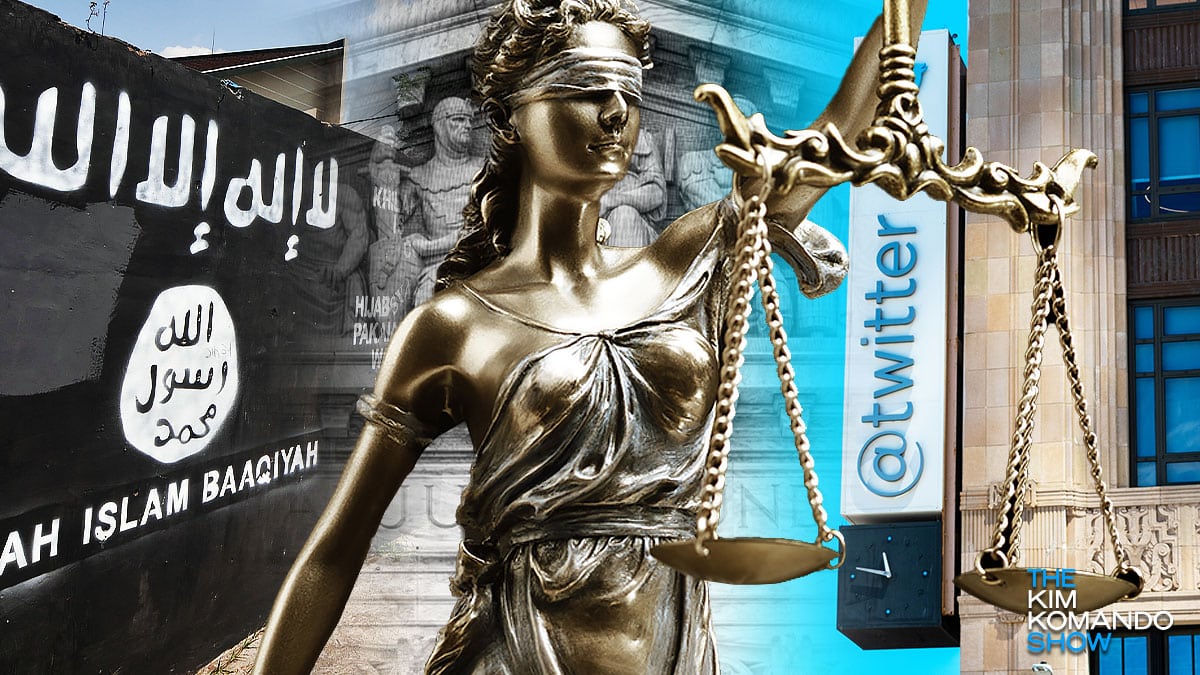The Supreme Court made a surprising decision on a social media censorship case involving Missouri and Louisiana. Find out why their lawsuit didn’t go as planned.
Chalk one up for social media

For over 27 years, a very outdated law has shaped the internet. It’s Section 230 of the 1996 Communications Decency Act. And it has some profound implications.
It protects online platforms like Facebook, TikTok, Instagram and Twitter from being held responsible for what users post … even if that content encourages terrorist radicalization.
Compare that to your traditional newspaper …
… magazine, radio station or good old TV. If they let someone publish something harmful, you can take them to court and sue them.
A whole lot has changed since 1996, especially online. The majority of people head to social media to get their news. But guess what? This ancient law hasn’t budged an inch.
And it doesn’t look like it’s going to change anytime soon
The Supreme Court backed Google and Twitter when they were accused of social media liability in terror attacks overseas in 2017.
Two families lost loved ones in an ISIS terrorist attack in a nightclub in Turkey. They say YouTube recommended extremist videos to would-be terrorists. YouTube and Twitter essentially said, “Hey, it wasn’t us. It was the algorithm.” And who made that algorithm, exactly?
Yet again, social media wins
Have they no sense of decency? According to the law, at least, they don’t have to. We haven’t seen the last of this.
Yesterday's Supreme Court ruling on social media
Today, the US Supreme Court hears the internet's most important case ever
Should social media outlets like Facebook, Yelp, and Instagram be held responsible for slander on their platforms? The Supreme Court is tackling this issue, and I’ll explain it in just 60 seconds.
Learn more about your ad choices. Visit megaphone.fm/adchoices
